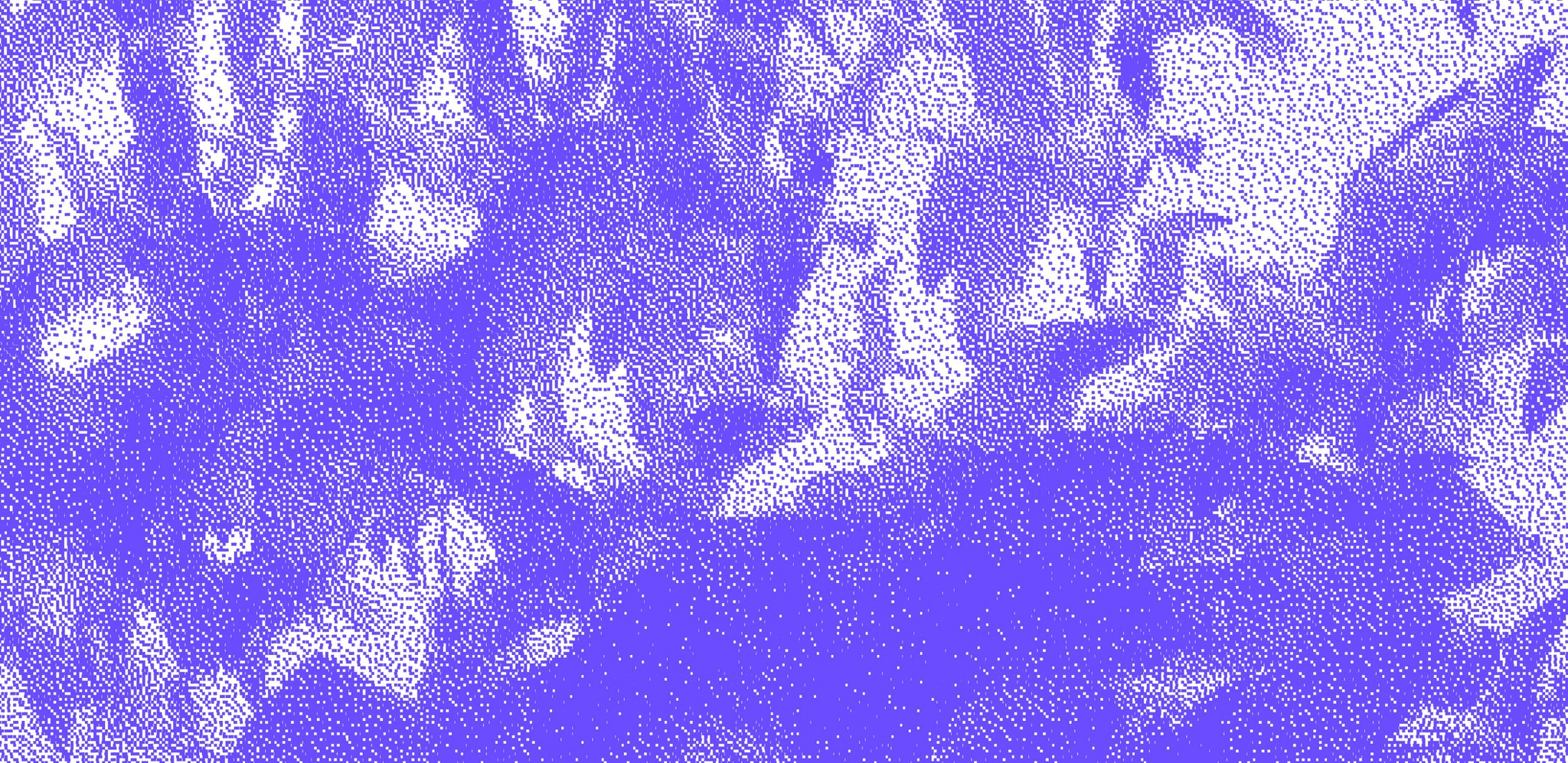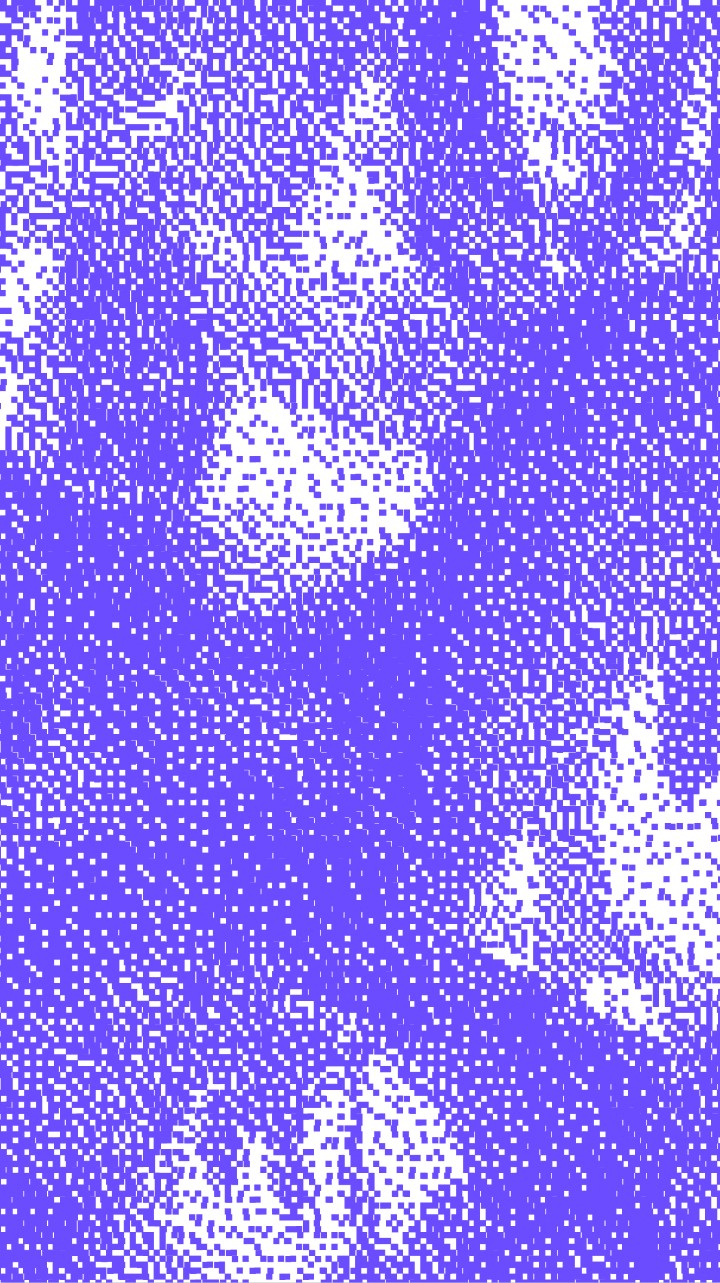

Sep 30, 2022
Sep 30, 2022
-
-
7pm
7pm
Screening
Screening
Screening
Overexposed: Sandra-Lahire's Anti-Nuclear Trilogy
Overexposed: Sandra-Lahire's Anti-Nuclear Trilogy
Plutonium Blonde (1987), Uranium Hex (1987), Serpent River (1989): Three films by Sandra Lahire
Synopsis: With her "Anti-Nuclear Trilogy," which merges documentary, performance, animation, and superimposition., Lahire proposes a profound reflection on the patriarchal legacies of human violence against the nonhuman world.
Plutonium Blonde (1987): A beautifully textured collage of sound and images and a fractured narrative about woman’s self-definition and control. Taking the figure of Thelma, a woman working with the plutonium monitors at the core of a reactor, Lahire questions both the process at the core of the plutonium terminal and that one that constructs female identity.
Uranium Hex (1987): Using a kaleidoscopic array of experimental techniques, this film explores uranium mining in Canada and its destructive effects on both the environment and the women working in the mines. A plethora of images ranging from the women at work to spine-chilling representations of cancerous bodies are accompanied by unnerving industrial sounds and straightforward information from some of the women.
Serpent River (1989): Beautiful but often violent images are interwoven to create an experimental documentary about the hazardous existence of the Serpent River community living in the shadow of uranium mines in Ontario, Canada.
Bio: Sandra Lahire (1950-2001) was a central figure in the experimental feminist filmmaking community that emerged in the UK in the 1980s. She studied Philosophy at the University of Newcastle-on-Tyne, Fine Art Film at St Martins School of Art (1984) and Film & Environmental Media at the Royal College of Art (1986). She was a dedicated member of the London Film-Makers’ Co-op (now LUX) and feminist film and video distributor Circles (now Cinenova), and her collaborations with other artists were integral to her filmic practice and feminist politics. She utilized the optical printer at the co-op to make stunning 16mm films that explored illness, lesbian identity, the work of Sylvia Plath, environmental concerns, and the anti-nuclear movement. Integral to all her work is the relationship between the body and the materiality of film, registers of violence and proximity to harm. Her films merge documentary, performance, animation, superimposition – both in-camera and via the optical printer.Lahire died in 2001, aged 50, after a prolonged struggle with anorexia. Her loss was felt keenly by her community of friends and collaborators.
Location: Peel Street Cinema, 3465 Rue Peel




Plutonium Blonde (1987), Uranium Hex (1987), Serpent River (1989): Three films by Sandra Lahire
Synopsis: With her "Anti-Nuclear Trilogy," which merges documentary, performance, animation, and superimposition., Lahire proposes a profound reflection on the patriarchal legacies of human violence against the nonhuman world.
Plutonium Blonde (1987): A beautifully textured collage of sound and images and a fractured narrative about woman’s self-definition and control. Taking the figure of Thelma, a woman working with the plutonium monitors at the core of a reactor, Lahire questions both the process at the core of the plutonium terminal and that one that constructs female identity.
Uranium Hex (1987): Using a kaleidoscopic array of experimental techniques, this film explores uranium mining in Canada and its destructive effects on both the environment and the women working in the mines. A plethora of images ranging from the women at work to spine-chilling representations of cancerous bodies are accompanied by unnerving industrial sounds and straightforward information from some of the women.
Serpent River (1989): Beautiful but often violent images are interwoven to create an experimental documentary about the hazardous existence of the Serpent River community living in the shadow of uranium mines in Ontario, Canada.
Bio: Sandra Lahire (1950-2001) was a central figure in the experimental feminist filmmaking community that emerged in the UK in the 1980s. She studied Philosophy at the University of Newcastle-on-Tyne, Fine Art Film at St Martins School of Art (1984) and Film & Environmental Media at the Royal College of Art (1986). She was a dedicated member of the London Film-Makers’ Co-op (now LUX) and feminist film and video distributor Circles (now Cinenova), and her collaborations with other artists were integral to her filmic practice and feminist politics. She utilized the optical printer at the co-op to make stunning 16mm films that explored illness, lesbian identity, the work of Sylvia Plath, environmental concerns, and the anti-nuclear movement. Integral to all her work is the relationship between the body and the materiality of film, registers of violence and proximity to harm. Her films merge documentary, performance, animation, superimposition – both in-camera and via the optical printer.Lahire died in 2001, aged 50, after a prolonged struggle with anorexia. Her loss was felt keenly by her community of friends and collaborators.
Location: Peel Street Cinema, 3465 Rue Peel













